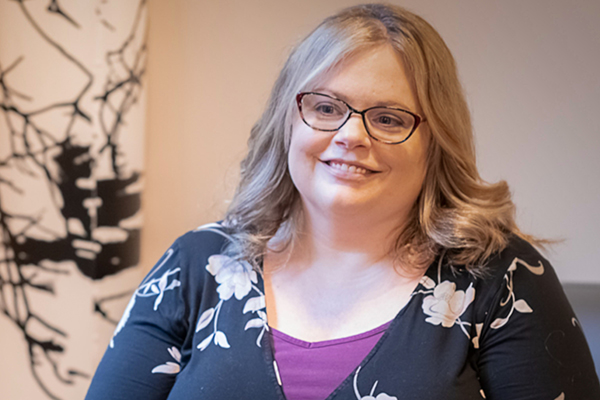
Counselling Services for Grief & Loss
Are you experiencing complicated grief, and feeling stuck or hopeless? Counselling can help you manage your feelings, so you are able to move forward in a healthy way.
What is grief?
Grief is defined by the strong, often overpowering emotions caused by a loss. The way we process grief is very personal to each of us.
Over the course of our lives, we all experience grief in one form or another. And while the idea of grief is usually closely associated with the death of a loved one, it comes in many forms.
People may grieve the loss of:
- Health
- Relationships
- Pets
- Employment
- Mobility
- Opportunity
- Pregnancy
- Failed fertility treatment
Grief is more complex than sadness from a direct loss. Grief may also about loss of control, loss of future dreams, loss of identity, and crushed expectations.
Both positive and negative situations have the power to cause feelings of grief. For example, one could feel a loss of autonomy after marriage or childbirth even if they are happy about the events.
And while the experience of grief and loss is universal and normal, it is also very personal and unique to each of us.
“What we once enjoyed and deeply loved we can never lose, for all that we love deeply becomes part of us.”
Helen Keller
What symptoms may indicate grief?
Not everyone who is grieving needs counselling. Many people will get through the grieving process with the support of friends, family and community.
On the other hand, you may need help in order to get through the grieving process if you are experiencing prolonged symptoms such as:
- Stuck in rumination or denial
- Experiencing ongoing hopelessness
- Detaching and isolating from others
- Spiralling into depression
Family dynamics & loss
The loss of a loved one may also affect the dynamics of your family or friend system. You may wish to consider counselling if you find yourself in any of the following situations:
- Fighting with siblings over treasured items or money
- Feeling like you don’t know what to do with themselves after being a caregiver
- Drifting away from relatives because the lost loved one used to bring them together
Working with a counsellor can help you understand and overcome the complicated feelings associated with your loss.

How does counselling help treat grief?
Grief counselling does not simply help you ‘get over’ your loss, but instead provides you with the skills to move forward in a healthy way.
My approach to grief counselling is to explore your physical, psychological, and social needs and create an individualized plan with you. I often suggest writing exercises during grief counselling.
Your grief counselling plan might include:
- Keeping memories alive
- Processing distressing memories
- Exploring personal beliefs
- Making meaning from the relationship to move forward
- Helping you honour your loved one
- Building coping skills
- Dealing with anniversaries
- Voicing difficult and confusing emotions
Processing grief
In addition to counselling, you may find it healing to spend time with those who grieve the same loss. Telling stories, sharing memories and shedding tears are practices that will likely alleviate the pain of the loss.
But keep in mind that everybody processes grief differently. Whatever thoughts, emotions, or senses you are experiencing are normal and valid.
You might cry a lot.
You might not cry at all.
Both are normal.
You might feel the need to take time off.
You might feel the need to focus on work.
Both are normal.
You might want to surround yourself with reminders.
You might want to turn off all reminders.
Both are normal.
If you are experiencing complicated grief and feel stuck, I would like to support you. Book a free phone call to get started.
